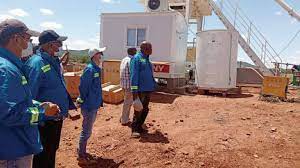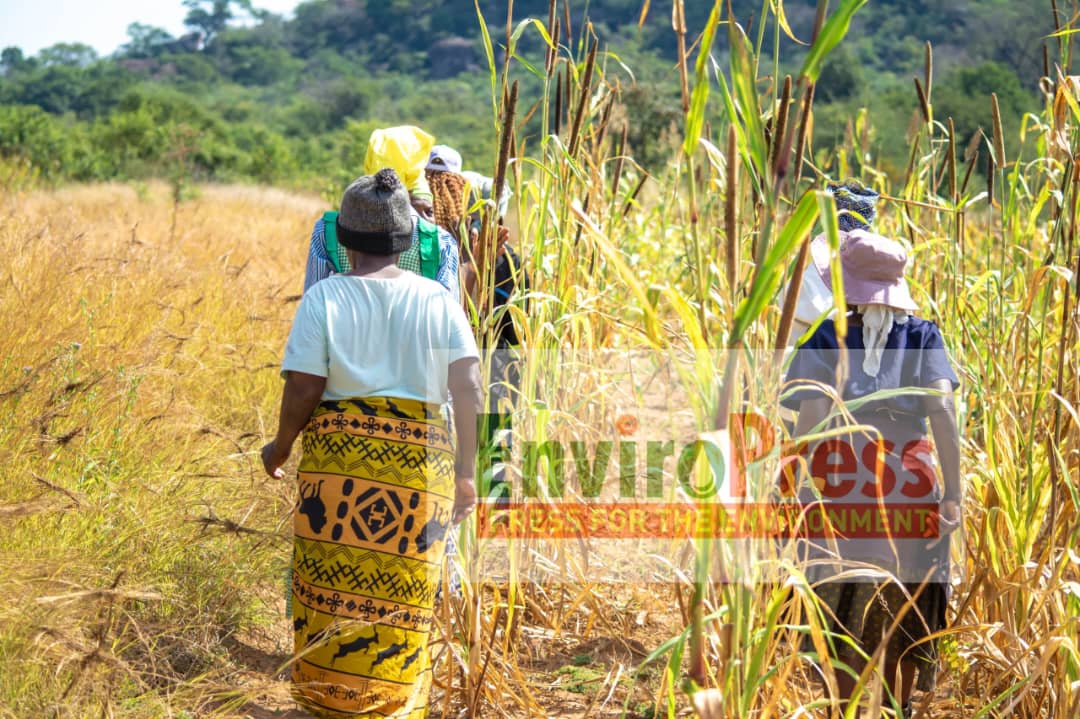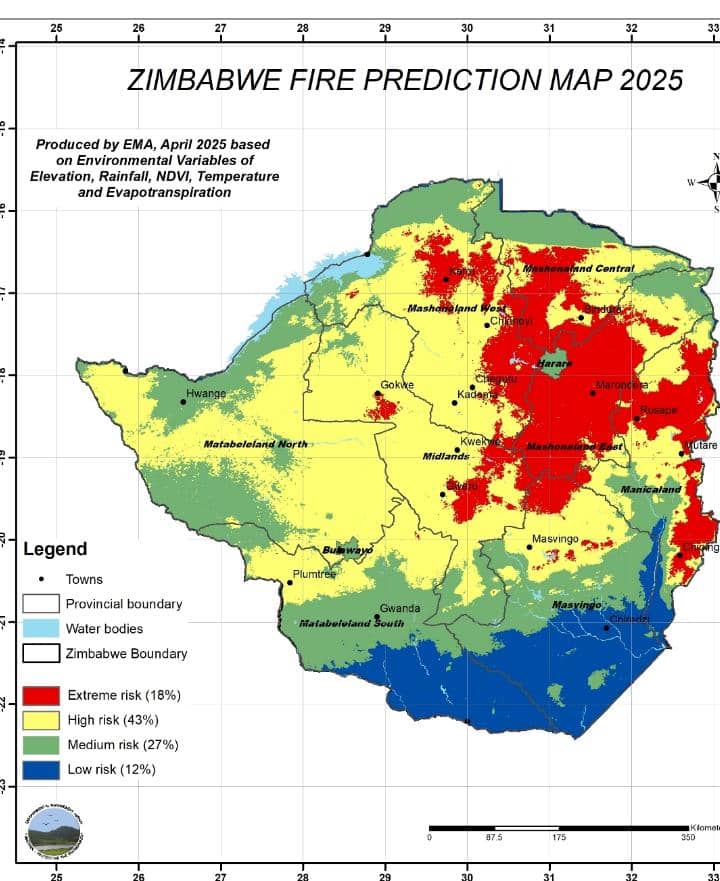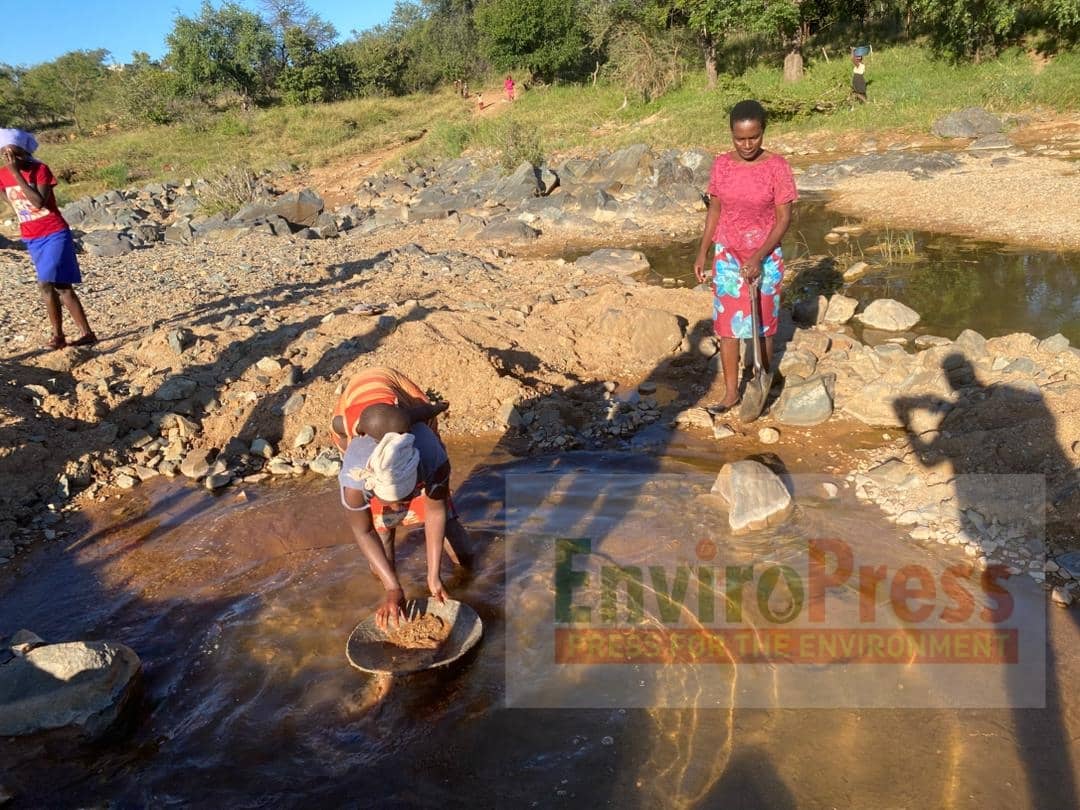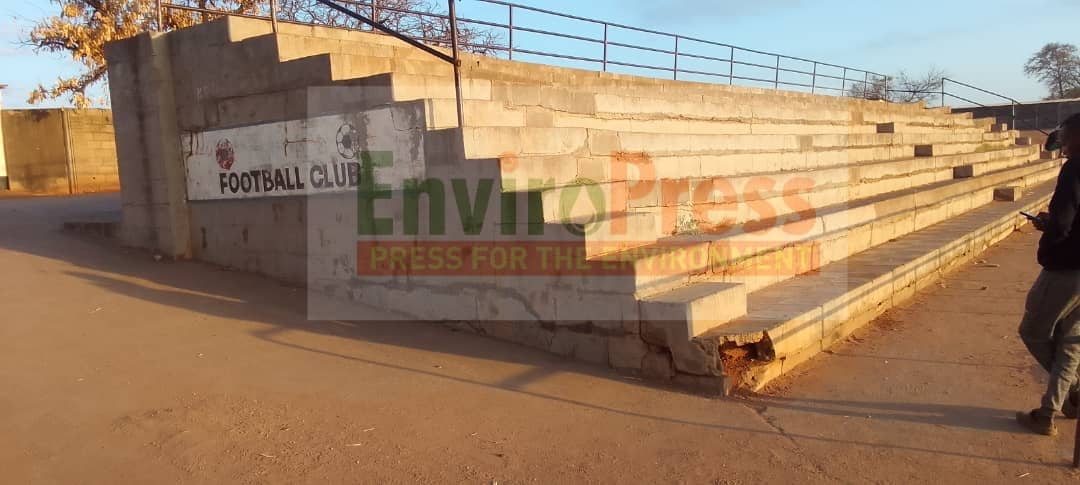Ivon Bake
Tasked with the construction of what is to become Africa’s biggest iron smelting plant in Manhize, Chirumhanzu, the Chinese company Dinson Group has been on the spotlight after reports filtered through that the workers at the site were being ill-treated with the company saying it was alive to the workers’ plight and was working to address the issues.
A wide range of issues were raised against Dinson Group with workers saying they we forced to stay in tiny rooms at the site while the Zimbabwe Congress of Trade Union (ZCTU) has been reportedly blocked from visiting the site for a fact finding mission.
The Manhize project director Wilfred Motsi said they were very much proactive in addressing the issues raised by the workers and would try to be the best employer in the country.
“Our workers are competitively paid and their conditions of service are good though we cannot run away from other issues raised.
“Just like any other organization, we are not perfect but we are alive to the challenges being faced by our workers and we are working with them for an amicable solution. We thrive to be the best employer with best standards,” said Motsi.
He said the workers we given their off days as per their contracts and any other report to the contrary was malicious.
“We have heard reports that our workers were working nonstop without off days but that is not true because we give them each four days off per month,” said Motsi.
Efforts to get a comment from ZCTU were futile but the extractive sector which is quickly being dominated by the Chinese has reported a surge in abuse cases where locals are treated as second class citizens.
During a policy dialogue refresher meeting organized by EnviroPress in partnership with Southern Africa Trust in Chirumhanzu, the local traditional and political leadership rallied behind the concept of community share ownership as they were the owners of the land and the resources being extracted.
The US$1,5 billion project being implemented by Dinson Iron and Steel Company (DISCO) is anticipated to start production in August this year producing over 1,2 million tonnes of steel.
This project was made possible through a partnership with the Southern Africa Trust. The views expressed herein do not necessarily represent that of the Trust or its associates. www.southernafricatrust.org

